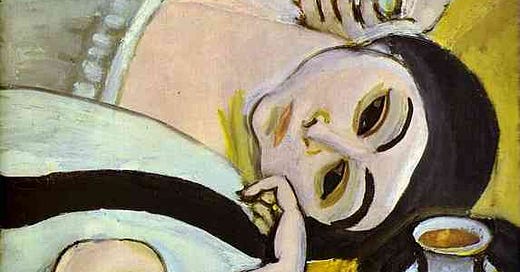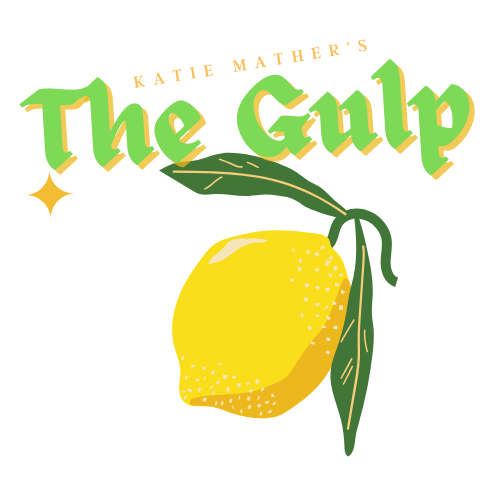I’ll let you in on a little secret today—my favourite café was a total dud the last time I visited.
I’m not saying that it’s ruined my month, but I’m still feeling a sinking feeling in my chest about it. It’s like losing a friend. Am I being dramatic?
Ordinarily, the coffee at this spot is fantastic, and the atmosphere is stunning. I like to come here to feel like I upgraded my life—on a rainy afternoon it truly feels like an aspirational place to sit and exist, among thoughtful design and architecture.
I was so annoyed by the bad service and uncharacteristically poor coffee (cold, under-extracted) that I left in a mood. That mood didn’t lift for a while. I sat in the van and deliberated on whether to leave a negative review. I decided against it.
But the feeling lingered. I opened the Google reviews page again later that night. I closed it. What would it achieve?
The negative Google review I imagined became a thought experiment. If I posted my exact thoughts, what would that be for? Who was my audience? Why did I want to share my dissatisfaction in this way? Did I believe it would make me feel better? Was I really warning other people not to visit, or did I want to express that personal sense of annoyance? If so, why? Now, say I did post it, along with my two stars—no, two and a half stars. Would it resolve the niggling disappointment I still felt? Would I stop thinking about how a café I loved was succumbing to money issues and corner cutting just like everywhere else? If I didn’t post it, could I just forget about the whole thing, and get on with my life like anyone else would have done by now?
The world is such a hard place to be, and we look at our small treats as reasons to exist. I think about this piece by Imogen West-Knights for the Financial Times all the time: Treat Brain: how the Pandemic is rewiring our brains. In it, Imogen speaks to scientists and behaviour experts about the human need for distraction and consumption. She posits that what was once an indulgence has now become a necessity.
The tomorrow I imagined in which I would “be good” again has never come, and I don’t want it to. I want to enjoy myself. The truth is life was always like this: a series of good times and bad times, and I deserved to eat what I wanted in all of them.
I started to think about how the disappointing coffee experience had been a representation of everything going to shit. In my calming place of beauty and perfection, I had been reminded of grim reality. My treat brain had been short-changed. But why was that anyone else’s problem?
Reviews were so important to me when I had a bar, they showed me what people liked about us, and what we could improve. It was always interesting to see, however, that positive reviews were always about the things people enjoyed, and negative reviews were about how a person felt. Negative reviews are charged with emotion, positive reviews tend to be more factual: I had a lovely drink, the cheese toastie was nice.
I also noticed how negative reviews often showed an attempt to showcase a person’s elite sense of taste or superior knowledge—something I’ve learned is called the “Cynical Genius Illusion.” Picking holes makes you seem like you know what you’re talking about, so you keep finding ways to appraise the world around you, never satisfied with what you’re given, always looking for what could be improved, never appreciating what actually exists. The life of a critic. What a depressing way to live. Please don’t let that happen to me (again.)







